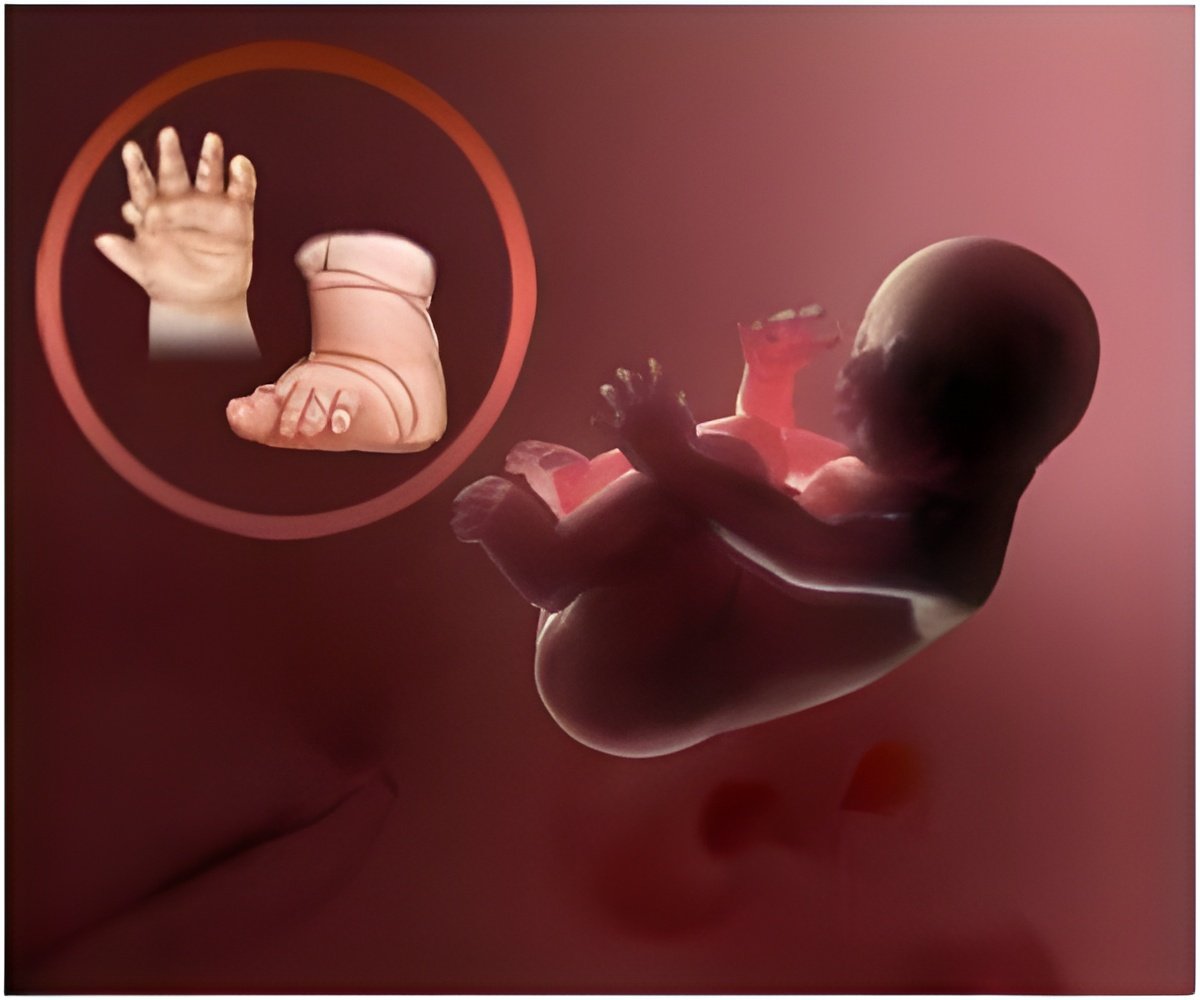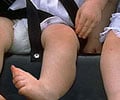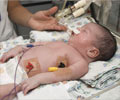Birth defects are very common these days. While it's not possible to prevent all birth defects, one can reduce the risk by following certain healthy practices.

‘Some of the defects are brain and spine defects, congenital heart diseases, cleft lip/palate, club foot, and cranial abnormalities.’





On this occasion, Dr. Chetan R. Mundada, senior consultant pediatrician and lead pediatric intensivist, Yashoda Hospitals Hyderabad wanted us to get to know about the most common birth defects, their causes, as well as how to reduce the risk. Common Birth Defects and Causes
Some of the defects are brain and spine defects, congenital heart diseases, cleft lip/palate, club foot, and cranial abnormalities.Although birth defects can occur at any stage of pregnancy, most birth defects occur during the first 3 months of pregnancy, when the baby's organs are developing. For most birth defects, the causes are not known or are thought to be the result of many factors, such as genetic predisposition, our behavior, and the environment. Some known causes are fetal alcoholism (alcoholism during pregnancy), spinal defects (maternal folic acid deficiency), and congenital rubella (rubella transmission from mother to fetus).
Some of the birth defect risk factors which increase in mother were:
- Smoking, drinking alcohol, or taking intoxications during pregnancy
- Conditions like severe obesity and uncontrolled diabetes
- Having certain infections during pregnancy such as TORCH (Toxoplasma, other like syphilis, Rubella, CMV, Herpes) and Zika virus
- Mother's older age (increases the risk of chromosomal mutations)
- History of certain birth defects in blood relatives
- Fever with high temperatures
How to Reduce the Risk
All birth defects are not preventable, but one can reduce the risk by following these healthy practices:- Protection from Rubella by taking 2 doses of Rubella-containing vaccines and vaccination for other vaccine preventable diseases
- Start folic acid 500 microgram daily at least 1 month before conceiving and continue throughout pregnancy to prevent neural tube defects (brain and spine deformity)
- Complete abstinence from smoking and alcohol
- Regular preconception and antenatal check-ups and anomaly scan during pregnancy
- Advances in fetal medicine has increased detection and even in utero treatment of many birth defects
- Prompt treatment of all febrile illnesses in pregnancy by qualified physicians
- Talk to a healthcare provider before taking any medications about its use in pregnancy
- Choose a healthy lifestyle
- Obesity and uncontrolled diabetes should be optimally treated before getting pregnant
Living With a Birth Defect
Researchers and doctors are constantly working to find new treatments to improve the survival and health of children with birth defects. Many children with birth defects live happier and longer lives, but birth defects are important conditions that can cause lifelong challenges. Birth defects are a major cause of death in developed countries and an even more major cause in India.For example, early detection of birth defects, tests such as anomaly scan and triple test during pregnancy, post-natal critical congenital heart disease screening test, can also help in scheduling timely treatment.
Advertisement
Source-Medindia











